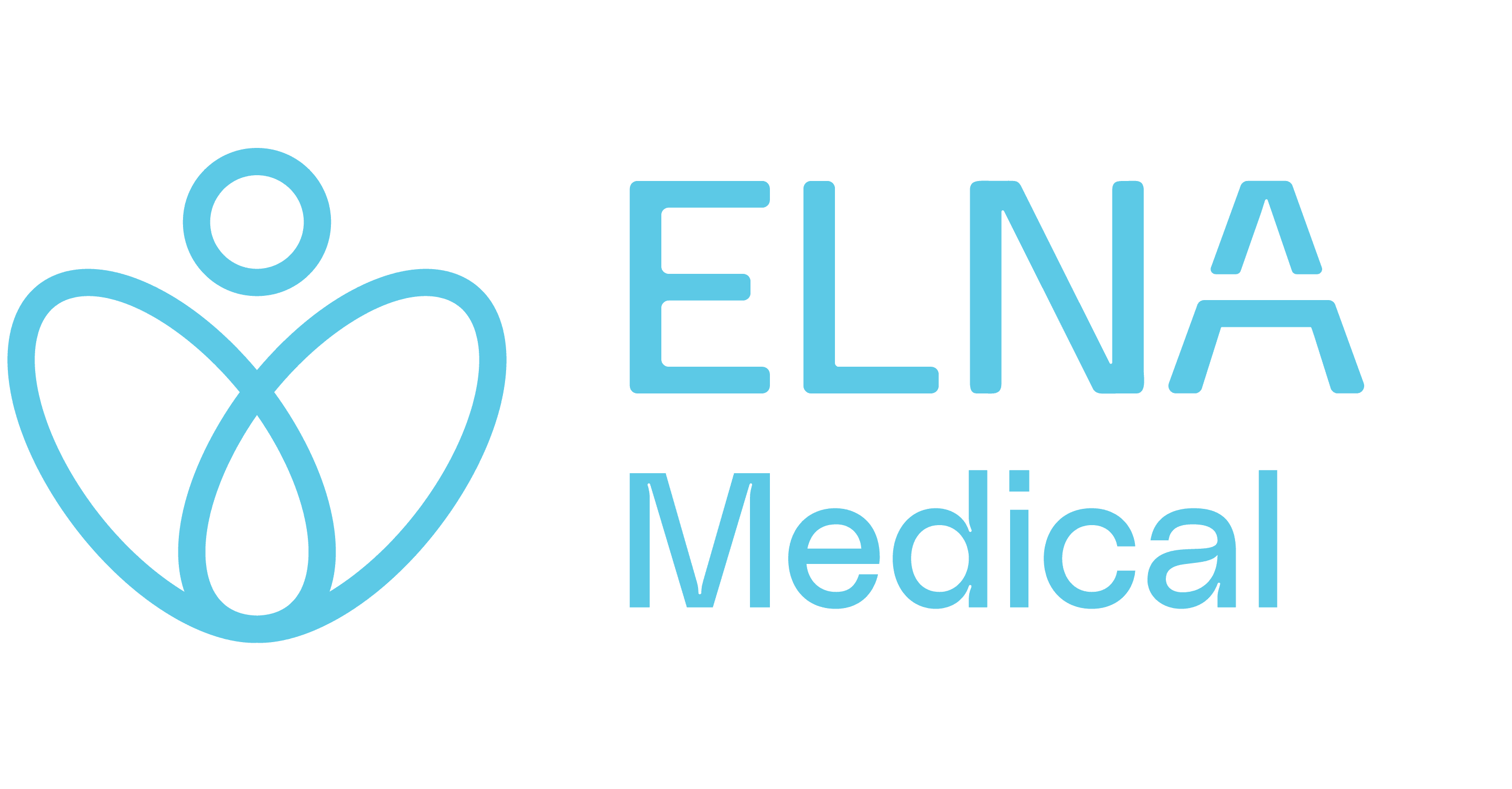Pregnancy is a time filled with joy, but also uncertainty for many mothers-to-be. One of the major concerns is the health of the unborn baby. Certain diseases and malformations can occur during the development of the fetus, including trisomy 21 (Down Syndrome).
Fortunately, a prenatal screening test can help detect chromosomal abnormalities and guide parents to make informed decisions about the next stage of pregnancy. This article helps you through this process and offer you reliable information about non-invasive prenatal screening.
- Why do prenatal screening?
- What are the tests?
- What to do if there is a risk of Down Syndrome?
- Where to have a screening?
Why do prenatal screening?
For a pregnant woman, prenatal screening is a key step in monitoring her pregnancy. It assesses the risk of your baby having a chromosomal abnormality, such as Down Syndrome.

Down Syndrome is a non-hereditary genetic disorder that can result in varying degrees of intellectual disability, speech and language delays, motor disorders, physical characteristics and various health problems1. About 1 in 800 pregnancies is affected by Down Syndrome2. The risk of having a child with Down syndrome increases exponentially according to the age of the woman, especially after the age of 35 (see Québec Health graph).
Prenatal screening also helps to detect the risk of trisomy 18 (Edwards syndrome), trisomy 13 (Patau syndrome) and other genetic abnormalities that cause serious organ malformations, stunted growth and reduced life expectancy.
Prenatal screening helps you to assess the likelihood that your baby will be affected by one of these conditions and gives you access to appropriate medical follow-up. This allow you to make informed decisions about the next stage of your pregnancy.
How to screen for Down Syndrome?
The risk of trisomy 21, 18 and 13 in the fetus can be identified using several techniques that are safe for the mother and the future baby, as they do not involve any direct intervention with the fetus. To get more reliable results, most medical professionals recommend combining several tests.
Biochemical test (blood test)
A biochemical test can detect certain proteins and hormones in the mother’s blood and predict the risk of chromosomal abnormalities. The blood sample is taken during the first trimester, between the 10th and 13th week of pregnancy.
The biochemical test is not suitable for multiple pregnancies. If you are pregnant with twins or triplets, please contact an ELNA healthcare professional to discuss your options.

Nuchal translucency ultrasound
Measurement of nuchal translucency is an important step in pregnancy follow-up, recommended by the Society of Obstetricians and Gynaecologists of Canada for most pregnant women3. It is done during the first trimester ultrasound, between the 11th and 13th week. The health professional measures the space between the skin of the neck and the spine of the fetus. If the space is thick (3.5 mm or more), it may indicate an increased risk of chromosomal and birth defects.
This ultrasound also provides an initial evaluation of the fetal anatomy. The doctor can identify major malformations early and, if the parents wish, estimate the sex of the baby with about 75% reliability.
Prenatal genomic test (blood test)
The non-invasive prenatal genomic test (NIPT) may be proposed by doctors if they believe you are at high risk for trisomy (positive biochemical test result, advanced age of the mother, trisomy detected during a previous pregnancy, etc.). The test analyzes the fetal DNA of the placenta circulating in the mother’s blood. It is carried out by taking a blood test from the 10th week of pregnancy. It can detect Down Syndrome with an accuracy of about 99%.
Unlike the biochemical test, the NIPT is suitable for twin pregnancies.
What to do if a risk of Down Syndrome is diagnosed?
If the nuchal translucency or the results of the NIPT test have shown a high probability of trisomy, your doctor may refer you to an additional test such as amniocentesis. Amniocentesis is a more invasive test, but it is the only one that can make a true diagnosis of a chromosomal abnormality. If the amniocentesis confirms the diagnosis of Down syndrome, the medical team will support you medically and emotionally, whatever your decision.
Deciding whether to continue or end a pregnancy with trisomy can be difficult. The team following your pregnancy will provide you with all the help you need in this reflection, without judgment, and may refer you to psychological and genetic support services. Remember that the decision is yours and should not be influenced in any way by a third party.

Where to get prenatal screening?
Prenatal screening is an important test for pregnant women who want reliable and accurate information about their baby’s health. It’s important to talk to your doctor to find out which option is best for you, and to make informed decisions about your health and the health of your baby.
Public prenatal screening
In Quebec, the Quebec Prenatal Screening Program offers testing and follow-up for chromosomal abnormalities. This program is intended for all pregnant women covered by the RAMQ, by offering a partial reimbursement of the costs associated with screening. Nuchal translucency must be performed at a second appointment and is generally not covered. Eligibility requirements may apply, including for multiple pregnancies. Learn more.
Private prenatal screening
The clinics of the ELNA Medical network offer private services for prenatal screening. These services are not covered by the RAMQ but may be reimbursed by some private insurance companies.
ELNA Medical – Saint-Mathieu-de-Beloeil
Other clinics
Private clinics in the ELNA network offer pregnancy follow-up and can prescribe various screening tests, either in the laboratory or at third-party centers. Make an apppointment.Private laboratory
On the Montreal island, several CDL Laboratories centers (ELNA Medical Group) offer Harmony and Panorama genomic tests (TGPNI) for single and multiple pregnancies. Fast appointment and results within 10 working days. On medical referral only. Make an apppointment.Sources | 1 : Canadian Down Syndrome Society – Gneneral Information | 2 : Québec Health – Québec Prenatal Screening Program | 3 : JOGC – Directive clinique de la SOGC et du CCGM















